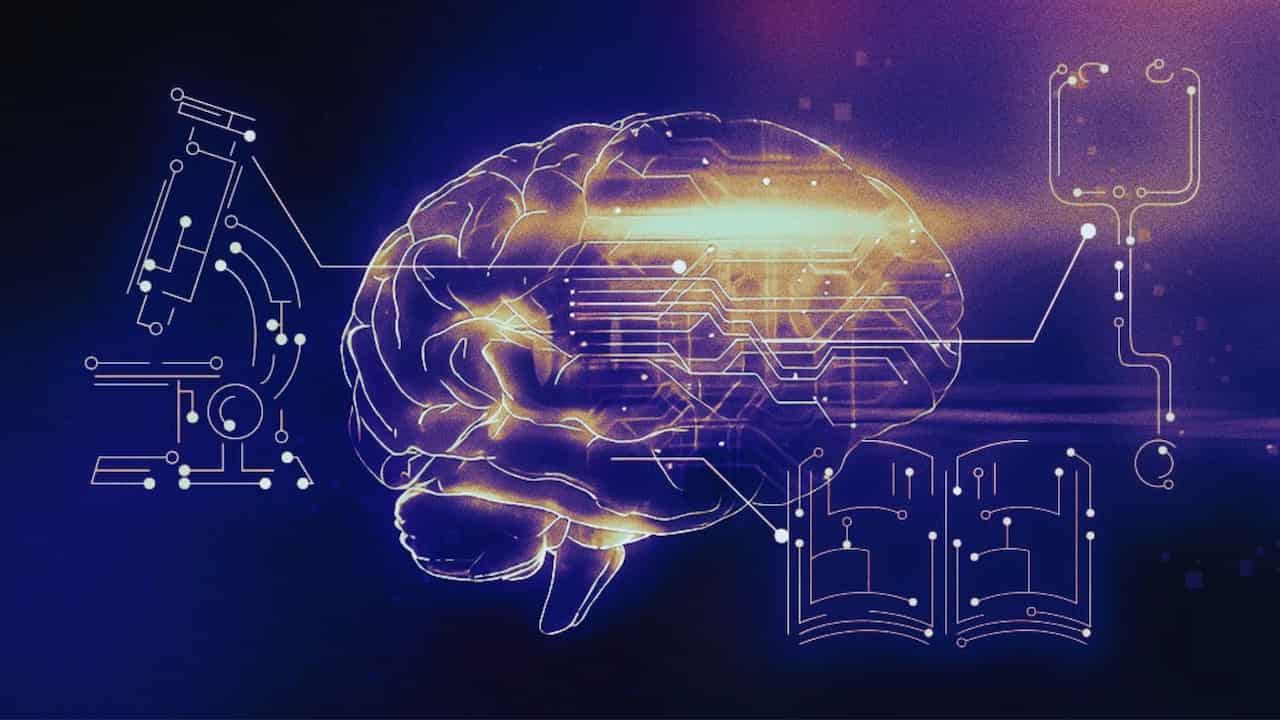AI Meets Its Match: Revolutionary Math Test Exposes the Limits of Machine Intelligence
Epoch AI has unveiled FrontierMath, a mathematics benchmark that poses a formidable challenge to even the most advanced AI systems, in a groundbreaking development that is reverberating throughout the AI community. This new test is showing us just how far artificial intelligence still needs to go when it comes to sophisticated mathematical thinking.
Here’s the shocking truth: Top AI models are solving less than 2% of these expert-level problems. Yes, you read that right—even powerhouses like GPT-4o, Claude 3.5 Sonnet, and Gemini 1.5 Pro are struggling with these mathematical puzzles.
What makes FrontierMath special? Unlike other tests, it’s keeping its problems under wraps. This secrecy stops AI companies from simply training their models on the answers—a common shortcut that can make AI systems look smarter than they really are.
The brains behind this benchmark aren’t working alone. Over 60 mathematicians from leading institutions helped create these problems. Even Fields Medal winners Terence Tao and Timothy Gowers have taken a look; what is their verdict? These problems are incredibly tough.
“These are extremely challenging,” notes Tao. He believes solving these problems needs either a real expert or a mix of a graduate student, modern AI, and specialized math software working together.
But why does math matter so much in the world of AI and data science? Let’s break it down:
- Data Representation: Math gives us the tools to handle complex data. Think of it as the language that helps us spot patterns and trends in massive amounts of information.
- Statistical Power: Without the use of statistics and probability, AI would lack guidance. These mathematical tools help machines make sense of uncertainty and make better predictions.
- Optimization Magic: Every time an AI model gets better at its job, it’s using math. It uses calculus to improve its performance step-by-step.
The key areas of math that power modern AI include:
- Linear Algebra: Essential for handling high-dimensional data
- Calculus: The backbone of model optimization
- Probability and Statistics: Crucial for making predictions
- Discrete Mathematics: Vital for algorithm design
When considering today’s most exciting AI development—generative AI—the math becomes even more complex. These systems, which can create new content like images and text, rely heavily on:
- Advanced vector calculations
- Complex probability theories
- Game theory principles
- Sophisticated optimization techniques
This brings us back to Frontier Math’s importance. By posing challenges that even the most advanced AI models struggle to solve, FrontierMath reveals areas for improvement. We design the benchmark to be “guessproof”—the answers are so complex that random guessing won’t work.
Evan Chen, a respected mathematician, points out how Frontier Math differs from traditional math competitions. While old-school contests avoid specialized knowledge, FrontierMath embraces it. The test takes advantage of AI’s computational power but challenges its ability to think creatively and solve complex problems.
As we look to the future, one thing is clear: mathematics remains the foundation of AI advancement. Whether we’re talking about basic data analysis or cutting-edge generative AI, strong mathematical understanding is crucial for pushing the boundaries of what machines can do.
The story of FrontierMath isn’t just about machines struggling with math problems; it’s about understanding the current limits of artificial intelligence and mapping out where we need to go next. As Epoch AI continues to expand its problem set and evaluate AI models, we’ll get an even clearer picture of how far our digital minds still have to go.
